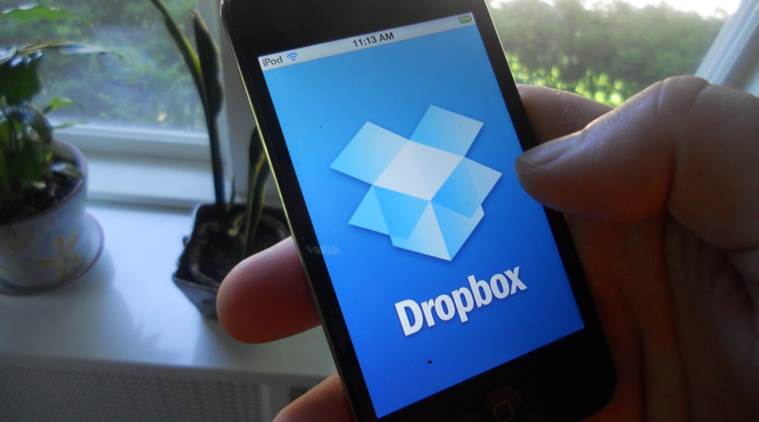
A number of security measures fall under this category, like having access controls available to your administrators, thorough authentication of users, and encrypting your data. The way sensitive healthcare files are stored, shared, accessed, and used is highly important to the overall protection of PHI. Technical Safeguards - Technical safeguards include the steps taken to protect ePHI.How is HIPAA-related information protected? Under HIPAA, there are three types of safeguards you need in place: Healthcare companies, contractors, and subcontractors that handle this information are required to protect it. PHI can include health records, healthcare bill payment information, or anything else that could be considered sensitive. You may also hear digital healthcare data referred to as ePHI (electronic PHI). This can mean both physical and digital files that contain any sensitive health information. What does HIPAA cover? HIPAA (The Health Insurance Portability and Accountability Act of 1996) was designed to keep PHI (Protected Health Information) secure. Learn more about HIPAA compliance and how to ensure sensitive data is protected.

Maintaining HIPAA compliance is essential if you want to avoid steep fines, protect your business, and most importantly, protect the sensitive healthcare data belonging to your customers.

Is your company subject to HIPAA compliance regulations? If you deal with healthcare data, the answer is yes.


 0 kommentar(er)
0 kommentar(er)
